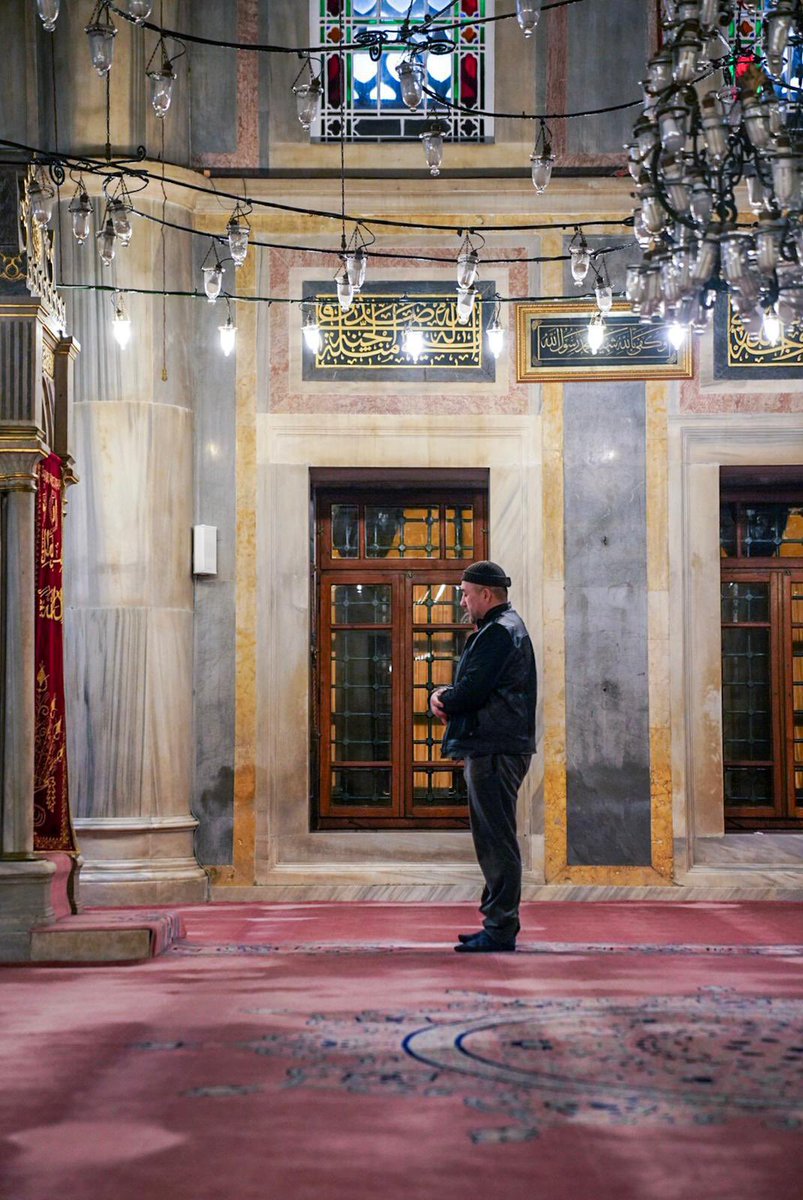
Imam al-Ghazali writes that there are three levels of fasting. The first is that we abstain from that which technically and legally breaks the fast: food, drink, and intimacy with one’s spouse while one is fasting.
The second level of fasting, which is more focused, is to protect and guard our ears, eyes, tongues, hands, feet, and other limbs from engaging in any sin and wrongdoing. The Prophet ﷺ has explained this idea to us in a narration found in Sahih al-Bukhari.
The Prophet ﷺ told us that if someone abstains from eating and drinking but is not conscious of his or her speech and behavior, then Allah has no need for this person to deprive himself or herself of food and drink.
About the third and highest level of fasting, Imam al-Ghazali writes that it is for the heart to abstain from being preoccupied with worldly concerns or anything which distracts it from Allah.
During our free webinar to prepare for Ramadan, we will be reflecting on Salah and how it is a powerful means of connecting our hearts to Allah, especially during this blessed time. Join us this Saturday (April 10th) from 3-6 PM Central inshaAllah! QalamLive.com 

• • •
Missing some Tweet in this thread? You can try to
force a refresh



